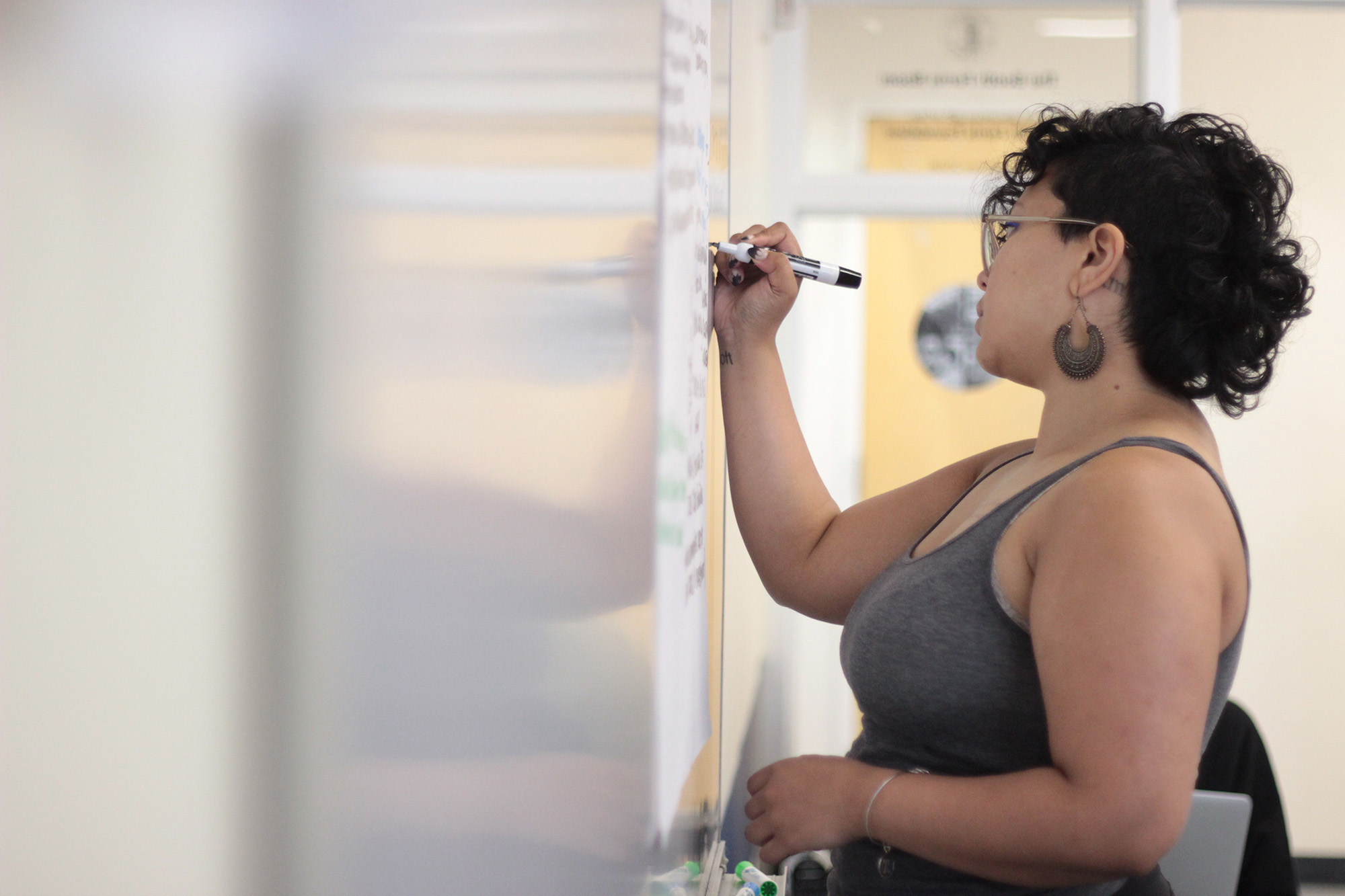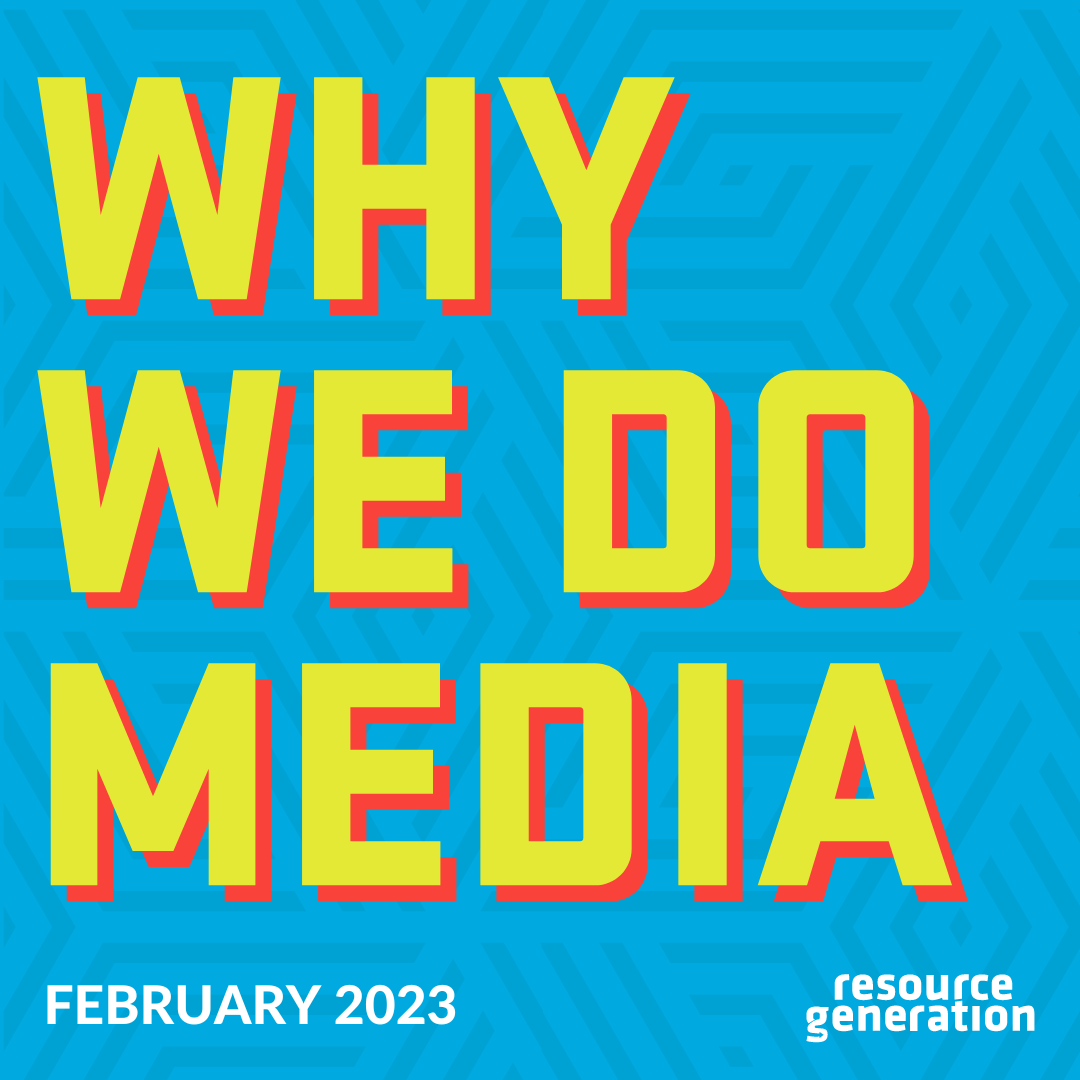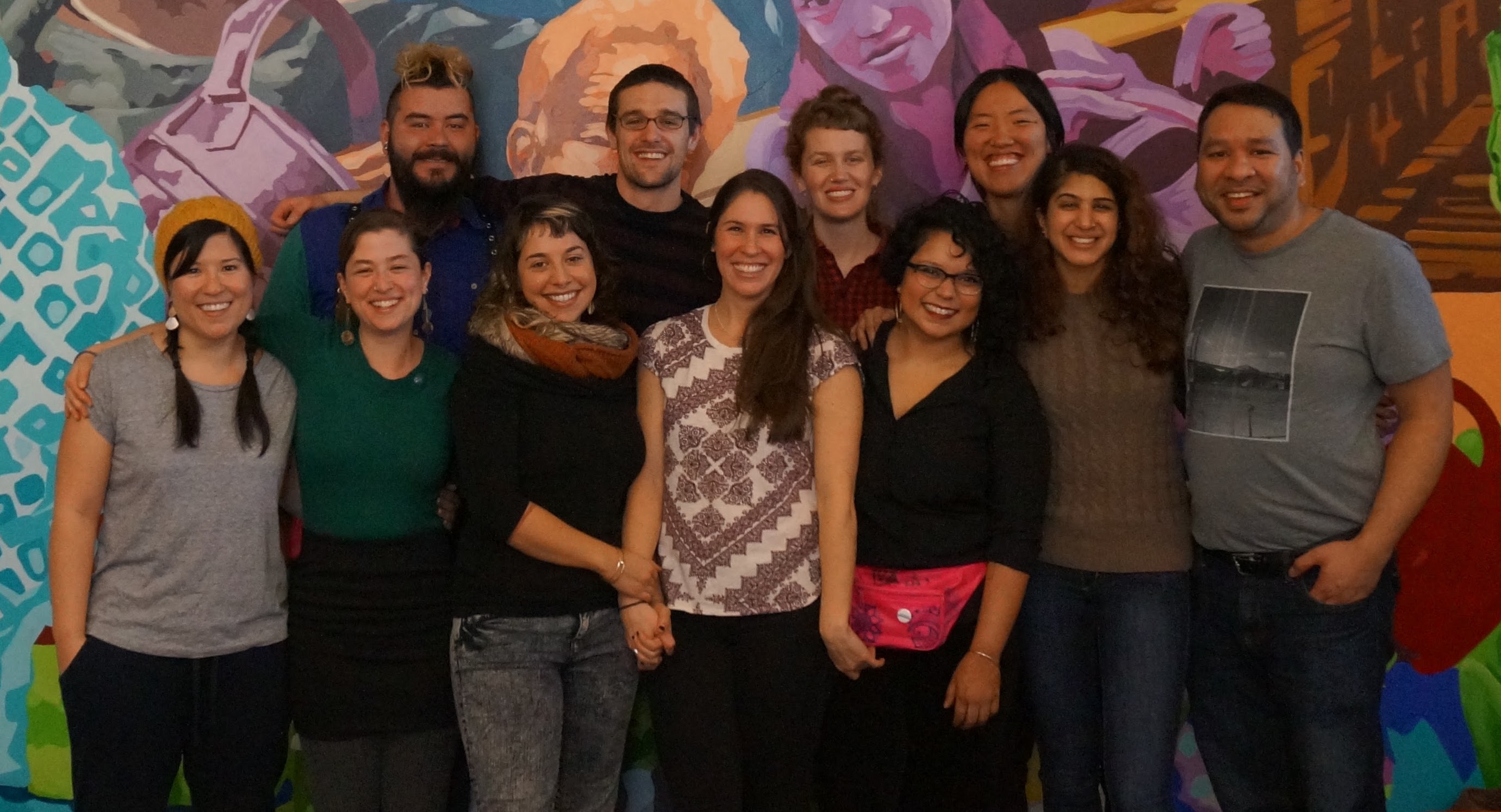When I was growing up I wanted to be a writer. I was the kid who brought back stacks of books from the library and then stayed up late, hiding out in the bathroom reading until 4 AM. Throughout high school and college I pursued creative writing, and wrote a chapbook’s worth of poetry and honed my skills enough to publish a few of them. Even when I lost my romantic notions of becoming a writer, I thought for sure my craft of poetry would be a regular part of adult life.
But once I moved to DC and started full-time work, I lost the energy, discipline, and practice of creative writing. I was spending all of my writing energy instead crafting diplomatic emails and project plans. Writing as a way to connect to something larger to myself, to uncover universal truths or transport others to another reality was replaced by organizing and my spiritual practice. By the time I became the Executive Director of RG it had been almost ten years since I had written an essay or poem. Last year as a way to introduce myself to the RG community I thought it would make sense to write a monthly blog post. How hard could it be?
Turns out I had forgotten how difficult and unforgiving the creative process is. Even though I had learned the hard way the importance of writing shitty first drafts, and have spent weeks or months or years on a poem to only salvage one line, there was a part of me that thought that my adult wisdom would be a fountain of inspiration and excellent writing. Surely, as a grown-up, insight and clarity would flow onto the page with no cliches or circular logic or boring writing to interrupt my genius.
NOPE. Still gotta write a whole lot of nonsense to get to the good stuff. And I find myself grinding to a halt more often than not. My writing is a mirror and sometimes I don’t like what I see very much, especially when I’m stuck in the muck of early drafts. I feel the pressure of my role, my internalized sense that I have to have it all worked out, have the most powerful and insightful reflections and all the answers to the Big Questions. I get quickly overwhelmed by inadequacy. What do I possibly have to say that is original or worthwhile, or that deserves anyone’s time?
It’s impossible for me to access creativity and imagination when I’m in this tight place of self-loathing and insecurity. Although it is very unpleasant, I am grateful to my writing practice with making me regularly face this part of myself, because I think to be successful in the work of transformation, I must befriend inadequacy.
It is true that the work of the equitable distribution of wealth, land, and power is vast, and that I am inadequate for the task — because no one individual could possibly accomplish it. It is true that I don’t have all the answers or groundbreaking revelations — because we are all in the practice of learning the answers together. Inadequacy can be humbling, can help open me to larger perspective and move from the “I” to the “we”, if I don’t turn it into a weapon of shame and evidence of some inherent badness.
Writing, organizing, mindfulness and meditation – all are different paths I take to explore my own imperfect wholeness as a human, to see what comes up when I feel daunted, whether it’s by a blank page or by RG’s mission. Depending on how I’m feeling both can sometimes feel as vast and impossible as the Bodhisattva’s vows. In Mahayana Buddhism the vows are an expression of the desire to achieve enlightenment for the sake of others – they are a commitment to collective liberation.
I’m most familiar with the the Four Great Vows in the Zen tradition:
- Beings are numberless, I vow to save them
- Desires are inexhaustible, I vow to end them
- Dharma gates are boundless, I vow to enter them
- Buddha’s way is unsurpassable, I vow to become it
I cannot hope to fulfill these vows and yet when I recite them, I don’t collapse into a shame spiral. Zen teacher Taitaku Pat Phelan said, “When we take these vows, an intention is created, the seed of an effort to follow through…The intention we arouse, the effort we cultivate when we call forth these vows, extends us beyond the limits of our personal identities.” Chogyam Trump calls this “a tremendous expansion of perspective.”
The power of the vows are their very immenseness and boldness. They inspire me to make a heartfelt commitment to accomplishing whatever I can in my lifetime. I can draw on the same power of perspective and collective will when I read RG’s mission and vision. The harm of racialized capitalism is endless, I vow to end it. Greed is insatiable, I vow to transform it.
Writing brings up boundless insecurities, I vow to keep practicing it. (At least once a month.)




